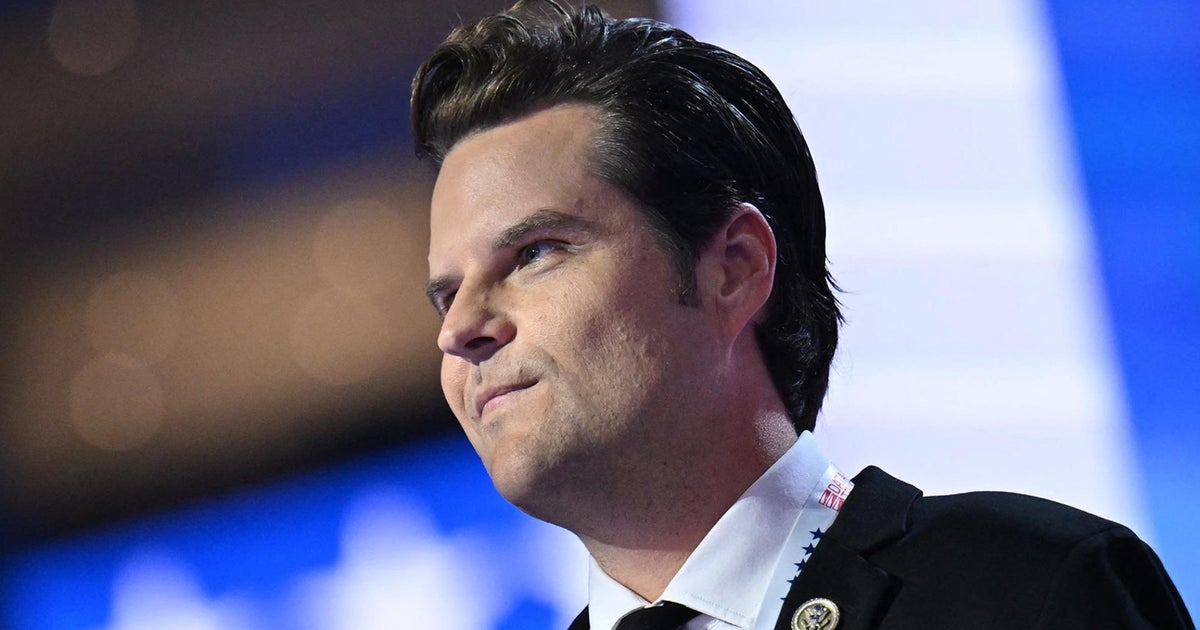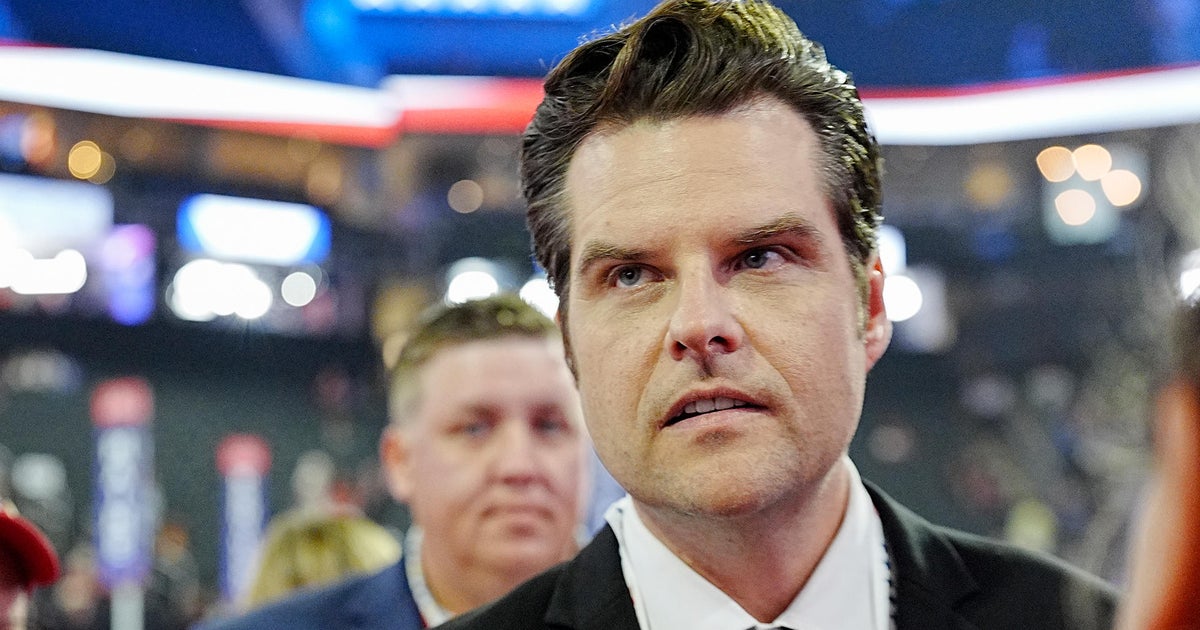Scott Denies Voter Roll Purge Targets Minorities
MIAMI (CBSMiami) – Governor Rick Scott has been hit by a political and possibly legal firestorm in the wake of his order to start purging voter rolls across the Sunshine State before the state's primary and the 2012 presidential election.
Thursday, the U.S. Department of Justice ordered Florida to stop the voter roll purge undertaken on order of Florida Governor Rick Scott, but the fight may still continue.
"I know the Secretary of State's office is going to look at what the Department of justice has said and look at it carefully, but i know in Florida, I want and I think all of us want to have fair elections," Scott told CBS4's Tiffani Helberg Friday.
The Justice Department said the election year purge violates multiple federal laws including Section 5 of the Voting Rights Act. The state's effort has already come under fire from local election supervisors who belong to both political parties, as well as Democratic members of Congress and voting rights groups.
Chris Cate, a spokesman for the Florida Department of State, said state officials were still reviewing the letter, but hinted Florida may fight federal authorities.
"Bottom line is we are firmly committed to doing the right thing and preventing ineligible voters from being able to cast a ballot," Cate said.
"We're doing the right thing," Scott said Friday. "We're making sure that your election which you care about is gonna be an election that the people that are voting are people that have the right to vote."
Florida, at the urging of Republican Gov. Rick Scott, began looking for non-U.S. citizens on its voter rolls last year. An initial search turned up as many as 182,000 registered voters who may not be U.S. citizens.
Earlier this year state officials sent to local election officials a much smaller list of more than 2,600 voters and asked supervisors to start the process to remove them from the rolls.
Supervisors, however, have loudly questioned the accuracy of the list, with one GOP supervisor going on Twitter to show the picture of a U.S. passport of one voter found on the list. Earlier this week two Democratic members of Congress held a press conference with a World War II veteran whose citizenship had been questioned.
In Miami-Dade County, elections officials said they sent out letters to more than 1500 notices to potential illegal voters. But so far, nearly 450 people have responded with proof of citizenship.
"The supervisor of elections has decided that because of the people who are providing the proof to us that maybe the state does need to do a better job of getting these names and providing us names of people who are truly non citizens," said, Christina White, Deputy Supervisor of Elections for Miami Dade. "So until the state did a better job of providing these names, we decided that we weren't going to remove anybody."
Critics have charged the purge unfairly targets Hispanics, African-Americans, and Democrats in the state.
"I don't think that's right ever you're not a citizen you should be allowed to vote," said voter Rudy Licea. "Because minorities have a say-so too. They work and they provide to the country just like everyone else does."
Scott on Friday denied that the purge was disproportionately targeting minorities.
Some critics have said the voter roll purge was an attempt to impact voter turnout. Historically, if voter turnout is high, as it was in 2008, Democrats have a much higher likelihood of winning. Conversely, if voter turnout is lower, Republicans typically perform much better in elections.
Scott and Republicans in the legislature said the measures were needed to combat voter fraud in the state. However, actual cases of voter fraud across the state and country are rare.
Currently, there are just three cases pending in Attorney General Pam Bondi's office, and all three relate to the Third Party Voter Registration limits passed by the legislature, which was overturned Thursday.
If the fighting over purged voter rolls sounds familiar to Floridians, it's because a similar purged happened before the election between George W. Bush and Al Gore in 2000.
During that purge, thousands of eligible voters were erroneously listed as felons, which prevented them from voting, according to National Public Radio. Florida Secretary of State Katherine Harris headed up the 2000 voter roll purge.



